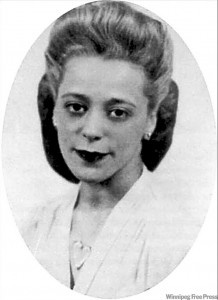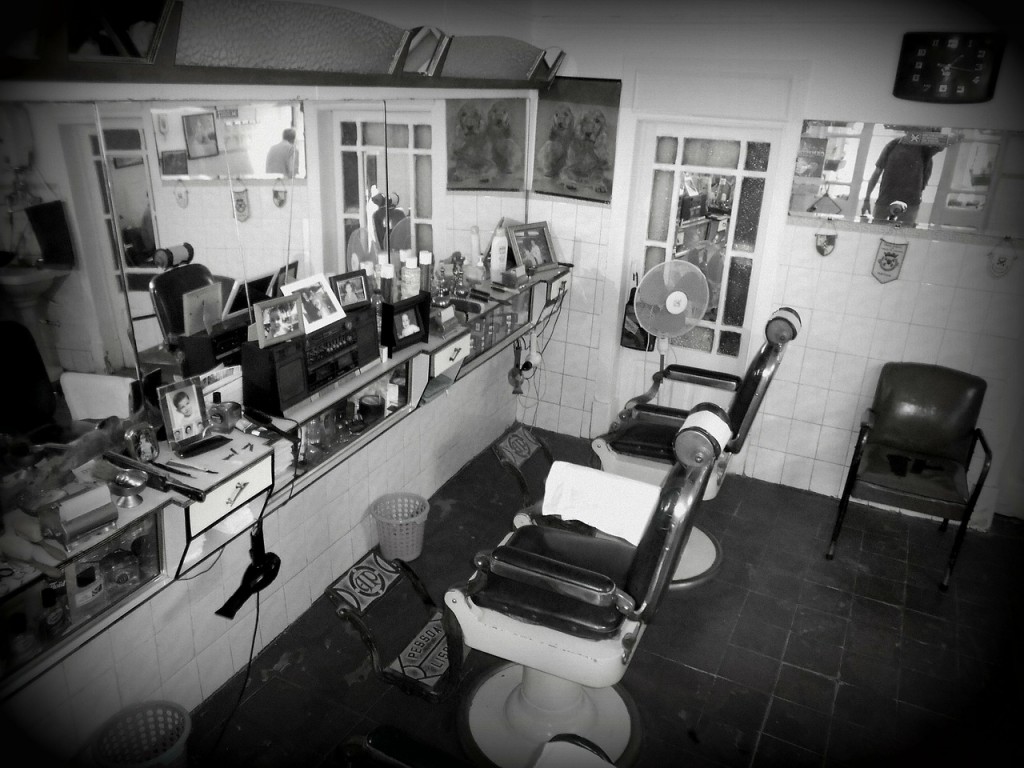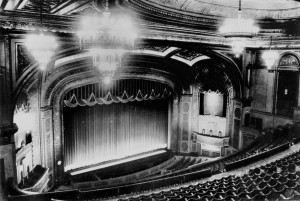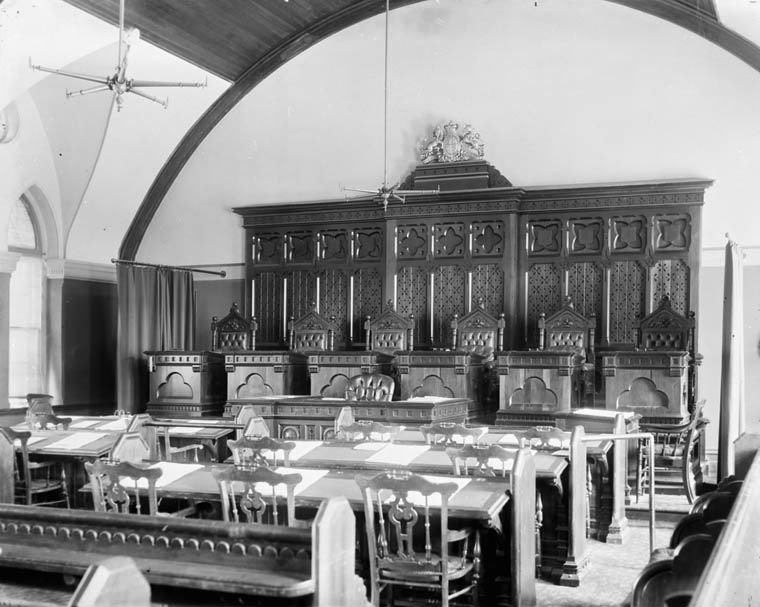Main Body
The Story of Viola Desmond
Click play on the following audio player to listen along as you read this section.

Viola Desmond was an African Canadian woman from Nova Scotia. She lived in a time when black women were expected to be servants in houses, and black men were expected to be servants on trains. From a young age, Viola dreamed of having her own business. By 1946, she was making her dreams come true. Viola was only 32, yet she had her own beauty salon. She had set up a school to train other black women to work in the beauty business. She also had her own line of beauty products.

One day, she was driving across Nova Scotia to make a delivery. But then her car broke down in New Glasgow. She decided to go see a movie while she waited for her car to be fixed. She went to the Roseland Theatre. It was a brick building with a big sign that lit up at night. She paid for a ticket and went inside. The theatre had a main floor and a balcony. Viola sat on the main floor because her eyesight was poor and she needed to be close to the screen.

Just as the movie started to play, she felt a tap on her shoulder. A staff person told her she could not sit there. Her ticket was for the balcony. Viola went back to the ticket booth. She asked for a ticket for the main floor. The ticket seller said, “We don’t sell tickets on the main floor to you people.” That’s when she realized that the balcony was for black people. The main floor was for white people. Viola said that she could not see from the balcony. She put the extra money for a main floor ticket on the counter. The ticket seller would not take it, but she went back to her seat anyway.
That’s when the manager came. He told her to move to the balcony, or he would call the police. Viola told him to go ahead. She wasn’t moving. She was doing nothing wrong. Sure enough, the police came. They asked her one more time to move. Viola said no. So the police grabbed her by the arms and took her from the theatre. They had to drag her. “I just sort of went limp,” Viola said. “I wasn’t going to make it easy for them.”
The police took Viola to prison. She sat up awake the whole night.
The next day, she was taken to court. Nobody had told her she could call a lawyer, so she had to argue for herself. She didn’t know how courtrooms worked, and she was found guilty.

Her husband begged her to forget about what had happened and move on. But Viola bravely took the case back to court. Sadly, she lost once more. But Viola’s case brought people together to fight for equal rights in Nova Scotia. They kept up the battle, and, in 1954, the province finally got rid of the laws that made it legal to treat black people differently from white people.
People of colour are now equal under the laws of Canada. However, racism is alive in many Canadians’ hearts and minds. Viola’s story invites us to ask: What can we do to make sure that history does not repeat itself?
Media Attributions
- Viola Desmond © Hantsheroes is licensed under a Public Domain license
- Barber Invite © FaceGuard is licensed under a Public Domain license
- The_Hoyts_Regent_Theatre © John Vandenberg is licensed under a Public Domain license
- Interior_of_the_old_Supreme_Court_of_Canada © Skeezix1000 is licensed under a Public Domain license
Something that is sold in stores
Floppy or without strength
A person who helps people with the law
Responsible for carrying out a crime or doing something wrong

